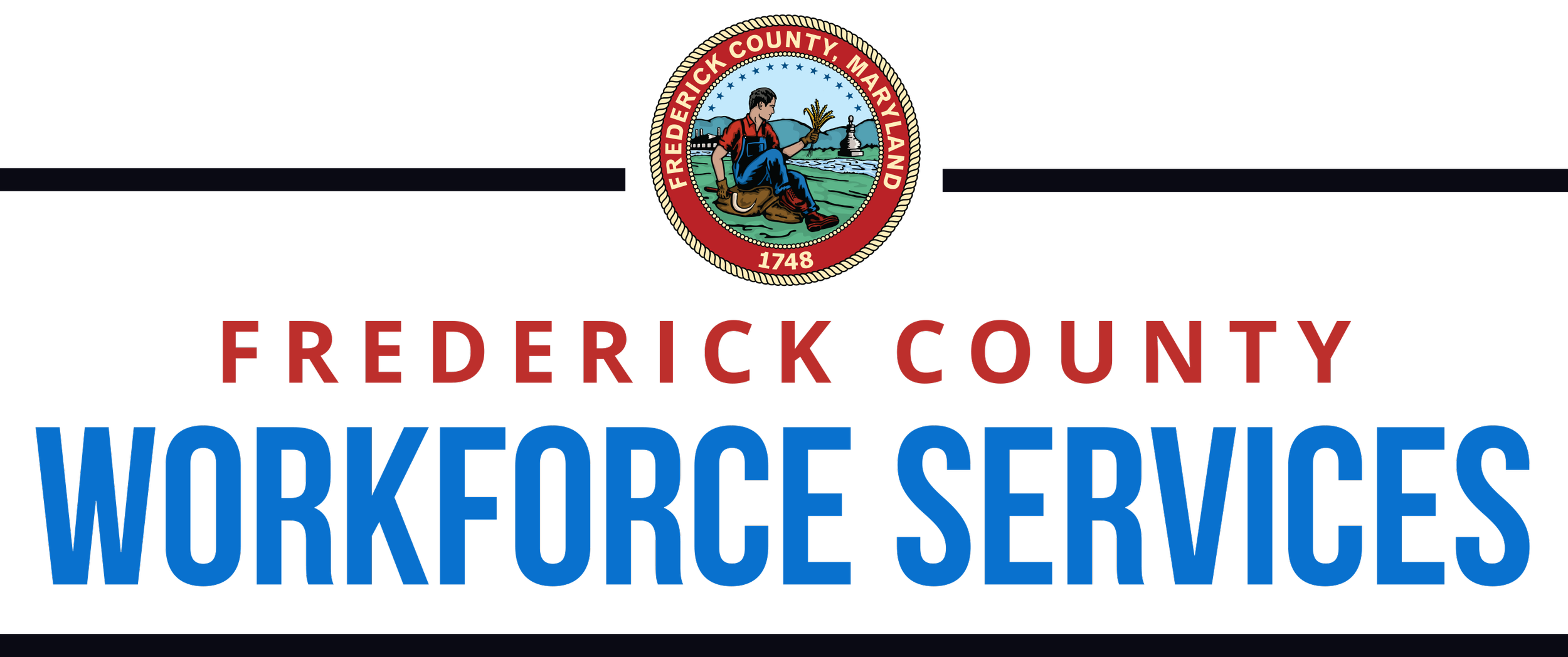Back to Career Basics: Mentorship
By Nada Steighner, NCC, CDF
Have you ever felt stuck in your career and not sure what direction you should take next? Maybe you've been working at the same company for several years and thinking about transitioning to a new job role but don't know how? Perhaps you’re interested in doing something entirely different but aren’t sure about the best way to make that move? If so, a mentor could be exactly what you need!
When I completed my Master's in Counseling program and was trying to find work as a licensed graduate therapist, I came across a non-profit employer that offered supervised hours individually and through peer supervision. And while I knew there were other employers that paid more, I recognized the value and the need for this level of supervision. Not only was it a requirement to become a fully licensed therapist, but it was also a chance for me to gain the soft skills I needed on the job that's notorious for burnout. I truly valued that experience and always wondered why this kind of process hasn't been implemented with other industries, especially at the start or midpoint of your career. Although my experience was technically referred to as supervision, it essentially had the basics of what you would consider a mentorship.
“Having a mentor can be very advantageous, as this person can be an advocate for you, a sounding board, and a coach throughout your professional career. ”
what is a mentor and what does a mentoring relationship look like?
A mentor is a person with specialized knowledge in an industry or job role that you are interested in pursuing that guides you in your career and/or personal development. Ideally, a healthy mentor-mentee relationship should foster an atmosphere where both can communicate openly and respectfully, build trust, provide guidance and unbiased feedback, and build self-awareness about one's professional skills and abilities. Mentorships can be formal or informal and typically don't require a fee.
Having a mentor can be very advantageous, as this person can be an advocate for you, a sounding board, and a coach throughout your professional career.
Here are 5 reasons why mentors are valuable to you.
1: They offer career guidance and wisdom.
Remember that mentors were just like us starting out, which means that they may or may not have had someone to help them learn their job role or industry. They probably felt clueless at times, made mistakes, and learned things on their own but eventually adjusted and became proficient in their job. Hopefully, they will feel comfortable sharing these experiences with you and in return, you are able to share your challenges and triumphs with them. A mentor relationship should feel rewarding and provide security so that you can work things out and grow.
2: They provide valuable feedback.
While it would be great to think we're rock stars at our job from day one, that might not necessarily be the case. There are things that we may not be good at, and things we are able to understand to do our job but could improve upon. A good mentor-mentee relationship means that we will need to be receptive to constructive feedback. In order to do that, we need to have a growth mindset and be patient with ourselves, as it takes time to improve and develop. By hearing constructive feedback and working on ourselves, we're better able to be more self-aware and gauge what aspects of the job we're able to meet or exceed expectations.
3: They help you develop goals to accomplish along your career pathway.
Before finding a mentor, you may need to ask yourself what you hope to gain by working with a mentor. Do you need help determining which job role best suits you within your current industry? Are you looking to transition to a specific role or industry? Maybe you're looking to learn different responsibilities outside of your current role. Are you unsure of what options you want to take in your career pathway? Having some ideas ahead of time opens the conversation with your mentor so they will be able to help you to develop measurable goals. More importantly, a mentor helps you stay accountable and works with you if you need to adjust your goals over time.
4: They help build your soft skills.
As you meet with your mentor, you may start to build better communication, organizational, leadership, and problem-solving skills since you will be regularly discussing your experiences on the job. Typically, mentors help work through challenges that may arise and they provide guidance along the way.
5: They teach you how to build and foster relationships over time.
When you work with a mentor, you should be able to gather what it takes to build a healthy professional relationship. This ultimately lays the groundwork for your experience working with other people. Over time, your mentor might encourage you to network with other professionals, organizations, or try to connect you with specific individuals that they believe may also be helpful to you and your career. Because the mentor relationship is ever-evolving, you may have one than more mentor, or even various mentors throughout your career.
As you can see, mentors can help guide you in your career pathway no matter what stage you are in professionally. The great thing is there is no age limit to being a mentee or mentor. While you may start out as a mentee, you may eventually become a mentor for someone else. Most importantly, the value that mentorship brings is everlasting as the experience helps you develop specialized skills, allows you to network with others in your profession, and provides career guidance in a healthy environment.


